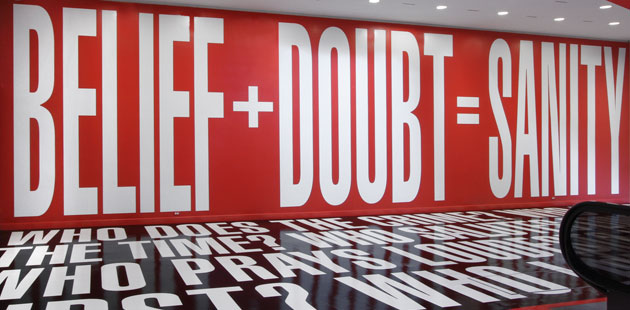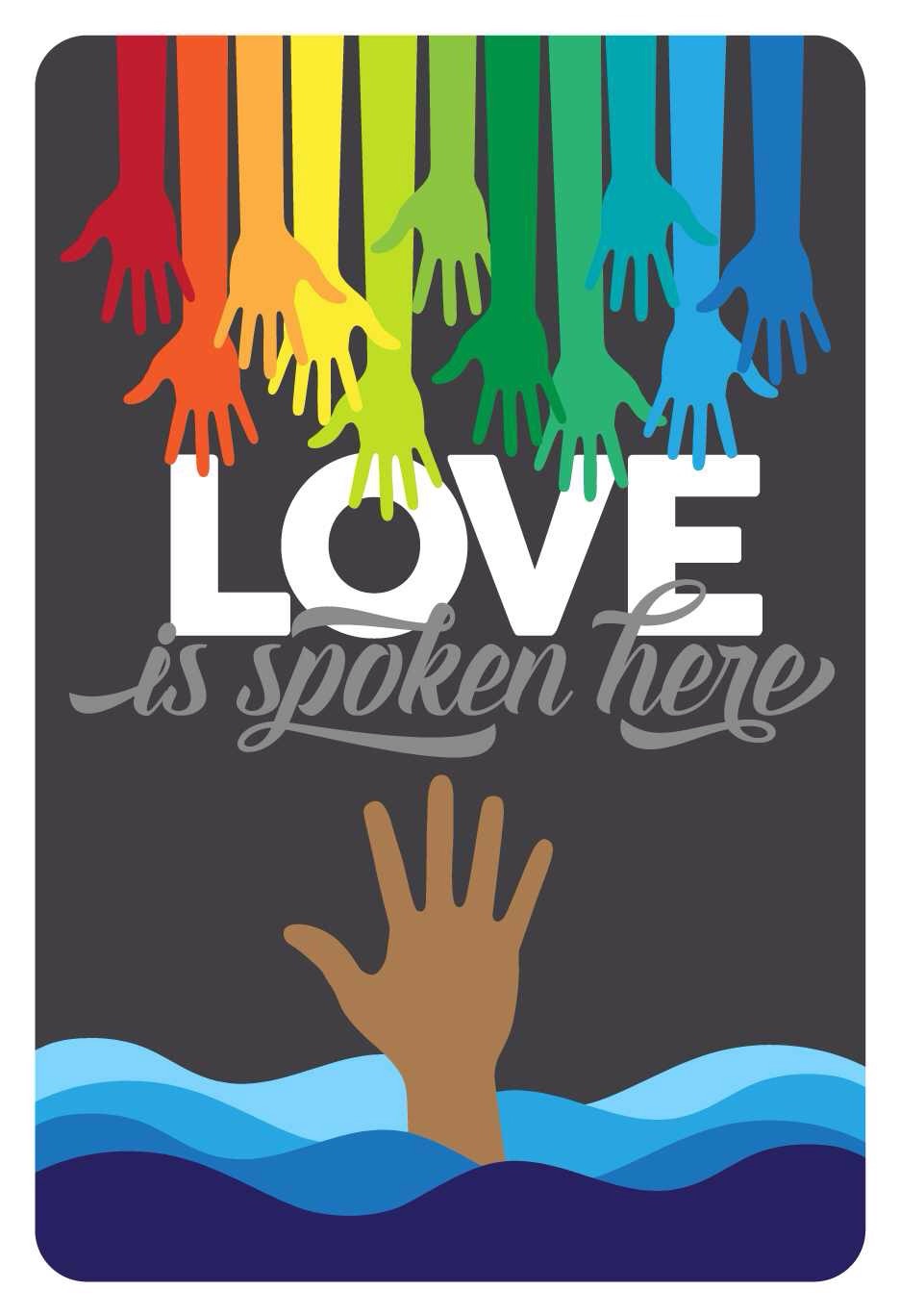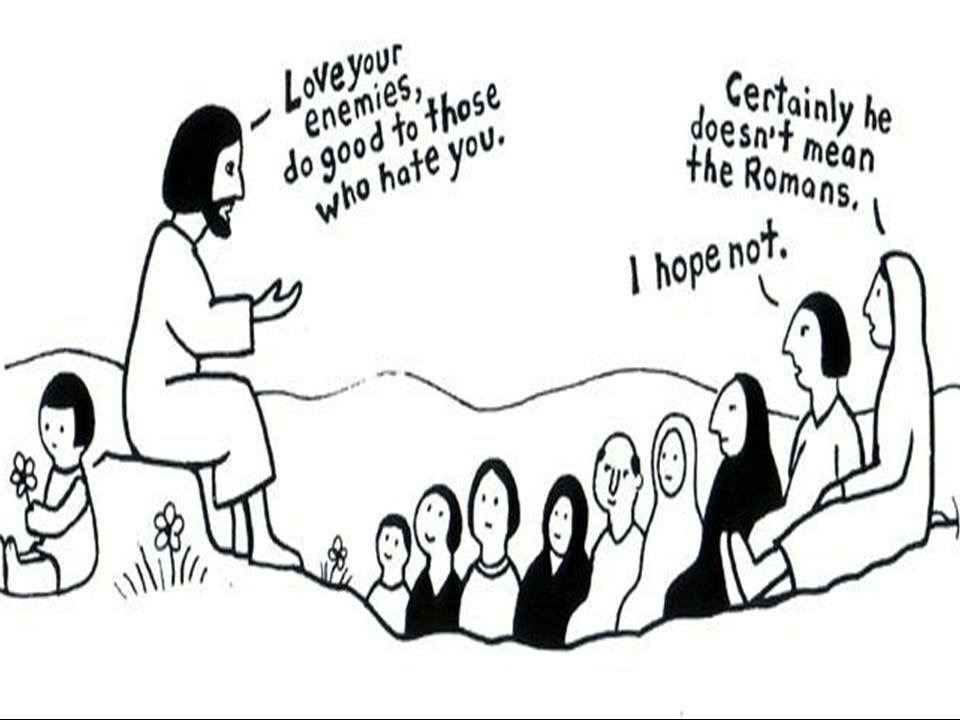[It's] fine with me, really, if you “believe the evidence shows Mormonism to be false”. I believe otherwise. Nevertheless, I don’t think the point
here was to try and prove one or the other, but rather explore how you take things and understand things to mean what you say they mean. In that spirit, I want to commend you in the way you describe evangelical belief in God. I think you speak that language very well. But remember that Latter-day Saints have a different theological vocabulary, and I am recognizing a gap between your theological understanding and your ability to translate that understanding into a theological vocabulary Latter-day Saints can agree with and see themselves portrayed completely accurately. There is plenty we can still disagree on and hold our own views on by getting it completely right, without having to include (intentionally or not) caricatures of LDS belief.
For instance, you talk of Christ being a “formed” being as if that rules out his ability to simultaneously be
God himself. You fail to recognize that Latter-day Saints do not hold to the
strict wall of separation between the Creator and the creatures that factors into your understanding/paradigm. If I had did indeed hold to that paradigm, as you do, then I could understand why you would find your evidence as contradicting “Mormon Theology”. But I do not agree with that strict wall of separation that comes out of creation ex nihilo. I do not find it to be biblical. Again, we must agree to disagree here, but I find that strict wall of separation between God and everything else (including us) to be a product of the creeds and philosophical discussions rather than biblical.
Please don’t misunderstand me to be “attacking” your paradigm nor the cherished doctrine of the Trinity. (By the way, you’re absolutely right that just because it is mysterious doesn’t necessarily mean it has to be incorrect, but this goes both ways. Just because our belief about God is less “complex”, or more “simple”, doesn’t necessarily mean that it must be wrong). I’m just saying that we need to work toward becoming more theologically bilingual, and it seems that you are not as fluent in LDS understanding as you think you are.
I certainly don’t think I’m an expert in understanding both theological vocabularies, but I’m trying. “
How Wide the Divide?” really helps promote mutual understanding and getting past the hang-ups that naturally come when we try to impose our unique biblical paradigms onto the others’ beliefs. I think this is what is happening when you say your view of our theology surrounding God does not match well with the Bible. We, of course, feel that the Bible matches very well with the true nature of God. You and I are viewing the Bible through different lenses, and some of what we may be projecting onto the others’ beliefs are non-biblical assumptions. I do not think there is a single verse of the Bible that I would say is “wrong”, as you claim we do. There is not one passage of the Bible I disagree with. (See "
Are You Telling the Truth About the Bible?").
You also claim that we try to read something into the Bible text that is not there…
Eisigesis. But again, this is a two way street, and we feel that traditional Christians do the same.
You say we “bring God down to a point where they [we] can understand Him. [We] simplify Him”, but this just won’t do. It is not an accurate representation of how Latter-day Saints also believe God is omniscient, omnipresent, and omnipotent. We just also believe that we are of the same kind, or species, as God. For us, this doesn’t take anything away from God, as you seem to think it does.
You are correct, however, that our understanding “elevates man”, because now we are not a different kind or species than God–we are
literally the children of God with divine worth and noble potential. Apparently the LDS take the “
offspring of God” scriptures more literally than evangelicals do, because when one
literally believes that God is our Father and we are His children, it’s not hard to understand how some consider us “
gods in embryo” and that we can become exalted to godhood, too. This is our belief. But even this teaching is much misunderstood WITHIN the church and is taken too far, beyond what our scriptures say, into the realm of speculation.
We will be gods by grace, because God, through the grace of His Son, makes us divine beings and part of the family of God. We will be exalted, but only through Christ who does the exalting and takes away the wall of separation between Divinity and mere mortals through the “at-one-ment” of Jesus Christ. But I wouldn’t be comfortable in going so far as to say we believe that we will become worshipped beings ourselves. That’s not official Mormon theology. The goal is to become LIKE God, not to replace or supplant God. We believe we will always worship Him and be subject to Him, but it will be from a relationship of “oneness” with Him. See my post "
Becoming Like God: some things I know and some things I don't".













